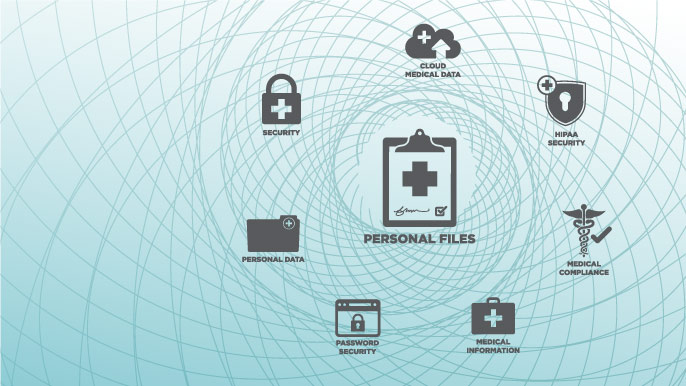HIPAA & Law Firm Liability
WhitePapers
Record Retrieval
Understanding HIPAA Compliance For Law Firms
Third-Party Service Providers & Law Firm Liability
Law firms routinely work with sensitive information and it's common practice to implement security procedures to guard said information. Preventing unwanted exposure of sensitive information or data protects a firm’s clients, the firm’s reputation, and ultimately their business. When it comes to personal health information, however, firms can unknowingly be exposed to financial risks not because of their security policies but because of the policies used by outsourced service providers. Working with reputable third-party service providers and understanding their policies and practices helps firms reduce their liability and maintain their reputation.In this whitepaper we explore HIPAA and how it applies to law firms, how third-party service providers can lead firms to become liable under HIPAA, and finally best practices law firms can act on to protect themselves from violations and penalties.
Included in this whitepaper
HIPAA Background Information
HIPAA & Subcontractors
How Law Firms Become Liable Under HIPAA
HIPAA Penalties
Vetting Service Providers
Related Resources

Articles
Record Retrieval
HIPAA-Compliant Safeguards for Your Record Retrieval Partners
HIPAA-compliance is a complex detail that law firms cannot afford to overlook, especially when working with third parties who handle medical records.
Read More
Articles
Record Retrieval
When is the right time to outsource your records retrieval services?
Making the decision to outsource your records collection can be a challenging one. However, there are many benefits to doing so.
Read More
WhitePapers
Technology
AI Technology and the Legal Industry
In this whitepaper we look at striking a balance between harnessing legal AI’s capabilities and navigating the regulatory landscape to fully leverage its benefits while upholding ethical and legal principles within the legal profession.
Read More
